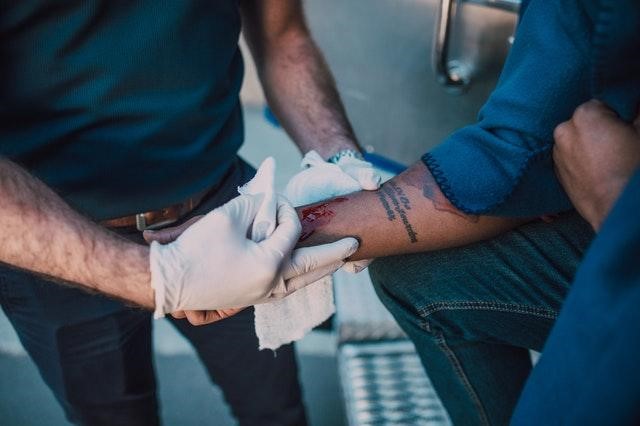Now Reading: The Timeline of a Personal Injury Case
-
01
The Timeline of a Personal Injury Case

The Timeline of a Personal Injury Case
Personal injuries from a car accident can take a financial toll on you, whether it’s from having to take time off of work, or through the numerous medical bills that can easily exhaust the coverage of your insurance policy.
Circumstances like these may motivate you to seek compensation from the party at fault. The majority of personal injury claims are settled out of court, even before any trial begins. Sometimes, the injured party’s lawyer may begin the process of taking the case to court only to have the at-fault party choose to settle.
However, there are times, especially with major injuries, when the parties cannot come to an agreement on the compensation amount. At this point, you will need a personal injury lawyer, as there may be no recourse except for litigation. Here is what you need to know in terms of the usual timeline of a personal injury lawsuit.
Consultation with a personal injury lawyer
It is important to consult a personal injury lawyer as soon after the accident as possible. Many personal injury law firms, like Gina Corena & Associates, provide free injury consultation. Your lawyer will study the circumstances behind your injury and look into your medical records to assess if you indeed have a case. An initial investigation may also be done to check if the defendant has sufficient insurance coverage and assets to cover any settlement. Once they determine that you have a viable case, an agreement will be drawn up between you to make your lawyer-client relationship official.
Filing of personal injury complaint
Your lawyer will now file a personal injury complaint in a civil court. The complaint will include details of the circumstances leading to the injury, the extent of the injuries, and other general details that you are alleging.
Once filed, some time is required to serve the complaint to the other party, called the defendant. The complaint is usually served physically so the defendant cannot claim he did not know about the lawsuit. The complaint will contain the date when the defendant is expected to appear in court.
The defendant hires his own lawyer
Usually, the court date is at least a month away, giving the defendant time to hire the services of his own lawyer.
If the defendant has an applicable insurance policy, he should notify his insurance company as soon as he knows about the lawsuit. The insurance company usually appoints a lawyer if the defendant still does not have one. Unlike your personal injury lawyer who likely works under a contingency fee arrangement, defense lawyers normally charge by the hour.
Pre-trial proceedings
At this stage, both parties ask each other what evidence they have as well as witnesses to be presented.This phase is called “discovery”. Depositions of witnesses are taken by both sides. They will also appear in court to update the judge and set a trial date.
As the trial date nears, both sides can still try to come to a settlement. Each side will also discuss the strategies it will use during the trial, the evidence that will be allowed, as well as jury selection.
The trial
During the trial, the judge will determine if the defendant is at fault. If the ruling is in favor of the plaintiff, the compensatory damages that the defendant is supposed to pay the plaintiff will also be determined.
The defendant can still go through an appeals process after the trial. This can last from a few months to several years. If the defendant loses their appeal after exhausting all options, they will still have to pay the required damages established during the trial or appeal.
Going to trial can require a lot of your time and money. Usually you will take this route if you have a very strong case and you expect a larger compensation amount. Discuss your options and costs at every step of the way with your personal injury lawyer.









